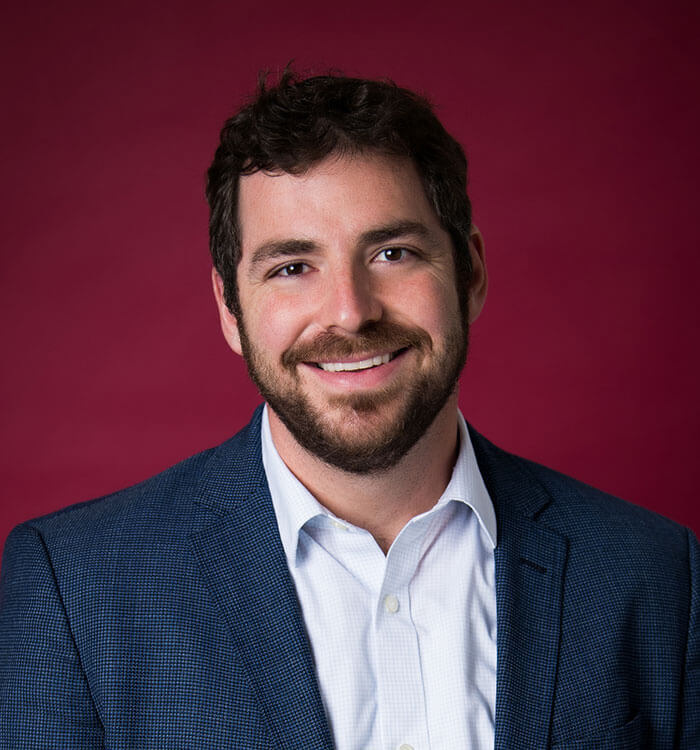Advancing Understanding and Treatment of Prostate Cancer
July 18, 2024
Innovations in Urology | October 2024
University Hospitals Urology Institute is a leader in research of significant urologic diseases — including prostate cancer — and provides excellent patient care.
 Jonathan Shoag, MD
Jonathan Shoag, MDProstate cancer is the second-leading cause of cancer death among men in the United States. According to the National Cancer Institute Surveillance, Epidemiology and End Results Program, nearly 300,000 men will be diagnosed with prostate cancer in 2024, and more than 35,000 will die from the disease.
Jonathan Shoag, MD, a board-certified urologist at University Hospitals Urologic Institute has received several notable grants to advance the collective knowledge of the development of aging-related diseases, such as prostate cancer, and to develop better therapies.
Predisposition to Aging-related Diseases
A focus area of Dr. Shoag’s lab is understanding why some people develop diseases of aging, while others do not.
“We are looking to understand the mechanisms underlying disease predisposition, as well as what factors modify this process, using the latest advances in DNA sequencing technologies,” he says. “The National Institutes of Health has awarded my group, along with collaborators at NYU, an R01 grant to further this area of study.”
The basis for Dr. Shoag’s ongoing work is illustrated by two recent papers published in Nature (June 2024) and Nature Genetics, which highlight the development of technologies. Dr. Shoag was a coauthor on both papers.
In addition, Shany Picciotto, Ph.D., a postdoc in Dr. Shoag’s lab, has received a Research Scholar Award from the American Urological Association for a two-year study of how chemotherapy impacts mutation burden in normal cells and how this may impact mutations in the children of cancer survivors.
Dr. Picciotto is one of only 15 researchers in the U.S. to receive this award, which recognizes upcoming leaders in the field and promotes continuing research in critical urologic diseases.
Developing Therapies
“Remarkably, work over the past decade has demonstrated that even the worst prostate cancers are dependent on the same signaling pathways that govern normal prostate behavior,” Dr. Shoag says. “If we can identify drugs that have activity on the normal prostate, it will help us better understand and treat prostate cancer.”
To this end, Dr. Shoag received a four-year, $1.1 million Physician Research Grant from the Congressionally Directed Medical Research Program of the U.S. Department of Defense. He was one of only six researchers in the country to receive this grant for fiscal year 2024.
“My lab leveraged large-scale clinical data to discover a new target in prostate cancer,” Dr. Shoag says. “This grant will support understanding this target in mice, cells and patient-derived prostate cancer models to help us better understand prostate cancer biology and ultimately develop better therapies, which will benefit patients with advanced disease.”
For more information about these studies or prostate cancer, contact Dr. Shoag at 216-844-3009.
Contributing Expert:
Jonathan Shoag, MD
Urologist
University Hospitals Urologic Institute
Associate Professor of Urology
Case Western Reserve University School of Medicine


